 Editor’s note: Approx 125kg of sanitary waste is generated per person during their menstruating years and these sanitary napkins can take 500-800 years to break down! #ThePadEffect is a campaign to advocate for sustainable menstruation and prevent thousands of tons of sanitary waste.
Editor’s note: Approx 125kg of sanitary waste is generated per person during their menstruating years and these sanitary napkins can take 500-800 years to break down! #ThePadEffect is a campaign to advocate for sustainable menstruation and prevent thousands of tons of sanitary waste.Posted by Shipra Agarwal and Shradha Shreejaya
The word is out! Over the last few weeks you have been seeing and reading why how some of the most common methods of managing periods are linked to polluting our planet and impacting our health.
So if you are convinced that you want to bleed every month in an earth-friendly and healthy manner, as much as is possible, this guide is for you.
The On A Train/Road Trip Menstruator
Train journeys are great. We love them too. However, there’s always been an undeniable discomfort when we’re flowing down under and having to throw our pads down the chute in the toilet. Let’s look at the possible alternatives during this time:
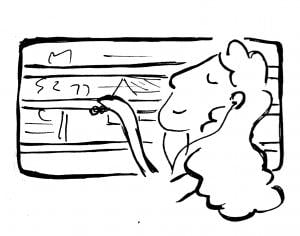
- A menstrual cup is a convenient option. The challenge of finding clean water can be mitigated by carrying a bottle of water in the loo. Another challenge is not have your cup fall through the toilet chute (true story) while emptying and inserting especially when the train is in constant back and forth motion. At this point waiting for a station halt of 3 to 5 minutes would be wise.
- For train journeys of less than 36 hours, the reusable zip lock will be your and your cloth pad’s best friend. Ensuring sufficient stock is also needed. Interlabial pads are also an idea you could explore, and are easy to wash and store.
- For journeys above 36 hours – if you are alright with your used cloth pad being unwashed for 36 hours, great! If not, then use and throw would be your go-to option available currently. There are biodegradable sanitary pads that can be used without the guilt of harming the environment. However, these should not be dumped in the open, and should be wrapped in paper before correct disposal with other biodegradables.
- In any case, be it a compostable or the regular sanitary napkin, make sure you wrap the pad and its parts properly in paper and mark it with a cross before disposing it.
Also Read: Know Your Alternative Menstrual Products
Just Started My Periods Menstruator
 If you’re an early menstruator and slightly confused on how to be earth-friendly and still not stain those white PT uniforms here are some pointers you may find helpful:
If you’re an early menstruator and slightly confused on how to be earth-friendly and still not stain those white PT uniforms here are some pointers you may find helpful:
- Cloth pads made of microfiber – While microfiber pollution is a concern, we also admit that these pads absorb much more and dry out even faster. We recommend using these pads only for your heavy flow days in school.
- Menstrual cups (small) – If you are keen on trying this out, and have convinced your caregivers to get you one, make sure that you’re around someone who’s been a cup user to help you out in case you need help.
Dealing With Water Scarcity Menstruator
Several parts of the country are struggling with dry spells and lack of water supply. Managing your periods with cloth pads might seem like a challenge, and while the obvious choice is switching to menstrual cups, here are some other ideas to keep your period trash free.
- Use and compost cloth – Manage your periods with clean cloth that can be directly composted. However ensuring access to clean cotton fabrics is a must.
- Here’s an innovation in the space that has an interesting take on using and managing reusable cloth pads.
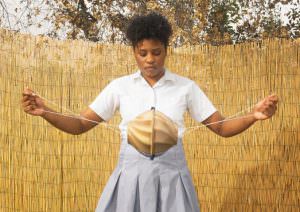
Also Read: Menstrual Cups Are Great, But Even They Require Resources
Active Round The Clock Menstruator
Do you resonate with being someone who, while on her period, has crazy schedules of work travel or who likes keeping fit by getting her daily dose of exercise? We are big believers of listening to your body and doing what it indicates and also believe sustainable menstruation is a possibility during these times:
 Menstrual cups can be your best bet in this case, with access to a bathroom in the office or in the swimming pool/yoga/gym area. A quick slip for emptying the cup is the minimum requirement. That and you’re good to go for 8 hours!
Menstrual cups can be your best bet in this case, with access to a bathroom in the office or in the swimming pool/yoga/gym area. A quick slip for emptying the cup is the minimum requirement. That and you’re good to go for 8 hours!- Alternatively, again if cups aren’t your thing, a ziplock bag and a back up of some cloth pads can be relied on. This keeping in mind access to four hours of uninterrupted sunshine every couple of days.
The PCOS Menstruator
Having personally experienced the Poly Cystic Ovarian Syndrome (PCOS) and seeing it manifest among the women we meet, PCOS adds an unwanted layer of uncertainty of time and amount of flow. What to do in these times, I say?
- With some periods lasting a month or longer, it is helpful to forget that you’re on your period for a few hours. A menstrual cup does just that. By relieving us PCOS sisters from the additional problem of rashes caused by Sanitary Napkins, this beautiful invention deserves all the love it can get!
- The larger sized cloth pads, micro-fiber based cloth pads and also labia pads can help support you during the heavy and longish bleeding spells.
The Experimental Menstruator
Every tried or thought of bleeding free? In our present lifestyle and social circumstances, this is a privilege for a lot of us. We think it an absolutely liberating experience and want to hear from any of you reading this about your free bleeding story.
Tips:
- While going entirely zero waste might not always be a possibility, aspiring to use least amount of disposables consciously is a commendable effort in itself. So don’t be harsh on yourself if you could not manage a period 100% disposable free!
- If you are serious about giving earth-friendly bleeding a shot, keep disposables stocked only if traveling or specific emergency. This might help you to stay motivated to switch without procrastinating!
- Blogs like Hygiene and You and groups like Sustainable Menstruation India are a good place to get started before you switch. Most of the product makers are present here to answer your concerns and you can hear fellow menstruators experiences with their switch!
- If you’re in a rural area and wish to have access or support in providing access to reusables to more women, get in touch with Green the Red, Uger Pads (Rajasthan), EcoFemme (Tamil Nadu), Shomota (West Bengal) for help.
While we are aware that this article will reach out to a subset of women, those who can access the internet and are familiar with the English language; we hope to cover a range of women and situations in this write-up. At the same time we believe that we cannot cover ALL groups and situations. Therefore we invite readers to share situations they have been in where they’ve managed to bleed sustainably.
Shipra Agarwal loves working with children, talking about poo and pee, art and finding new ways to reduce waste. Currently coping with the challenges of modern-day urban living, she hopes to live on a farm and create experiences for children in the theme of social and environmental justice someday.
Shradha Shreejaya is a graduate in Biochemistry and has a Masters degree in Ecology and Environmental Sciences. Her previous work areas have been environmental policies and prediction analysis. She has also worked as a strategist for projects under Swacch Bharat Mission in waste management and sanitation in Tamil Nadu. She’s also the founding campaigner at Sustainable Menstruation Kerala Collective.
About the author(s)
Guest Writers are writers who occasionally write on FII.
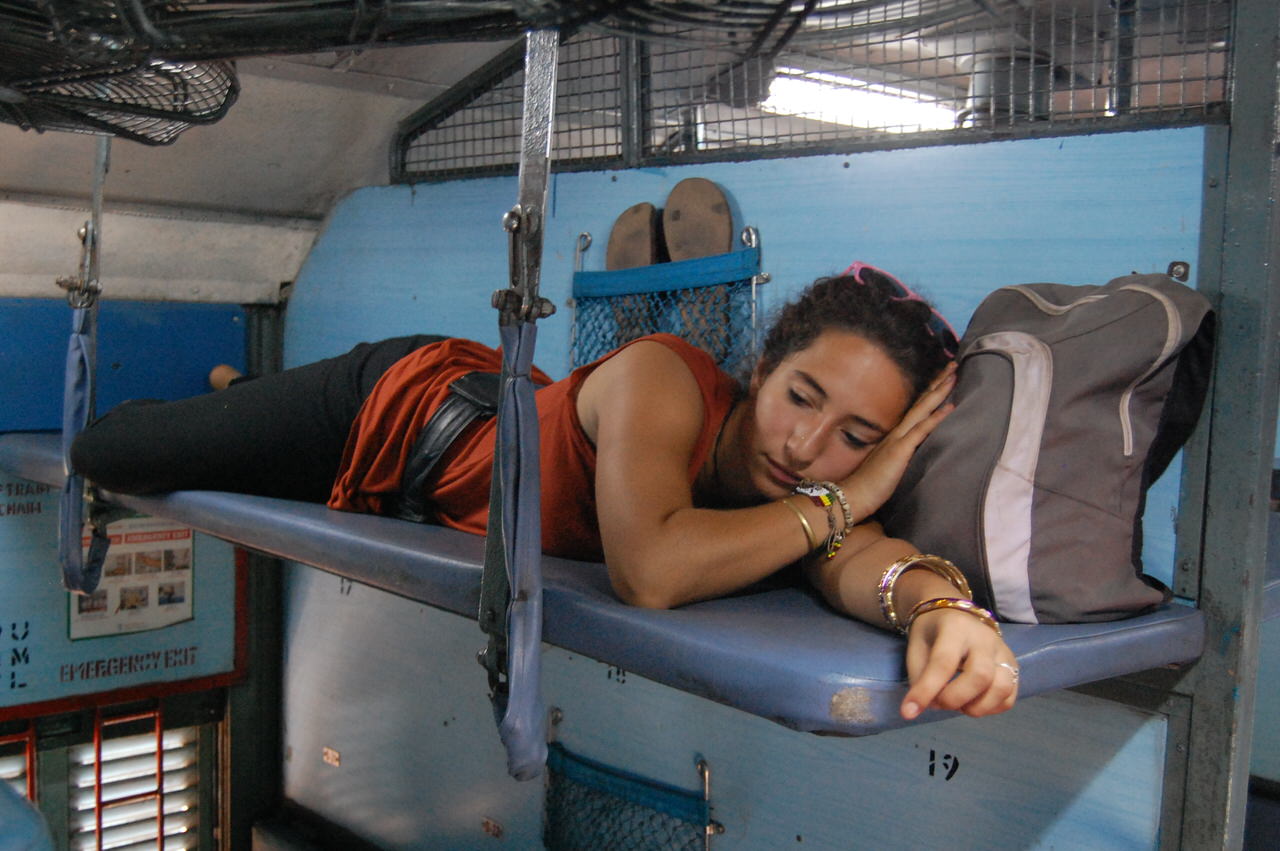
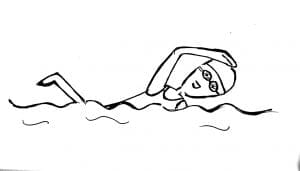
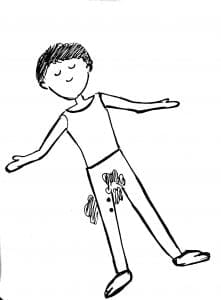
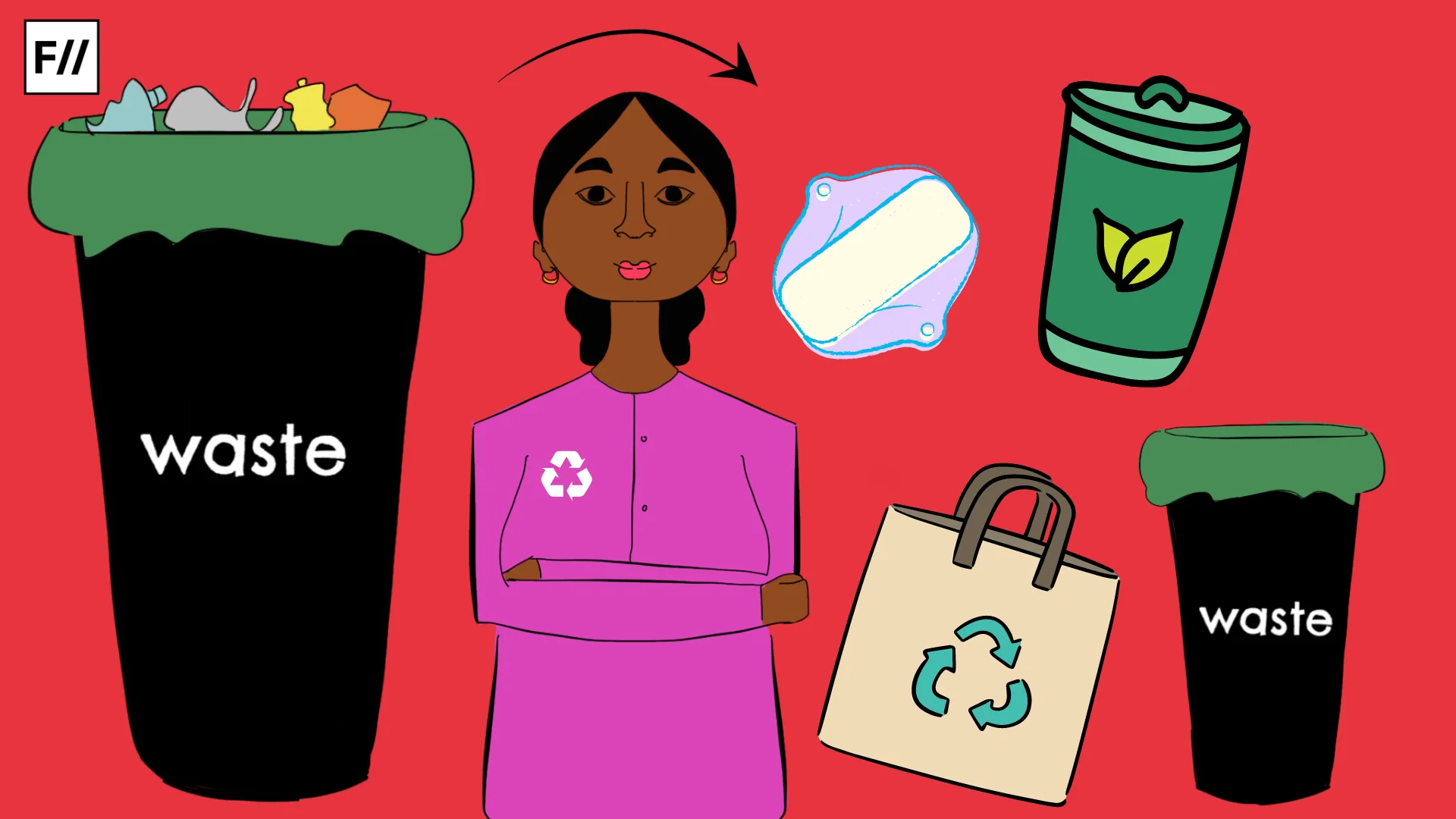

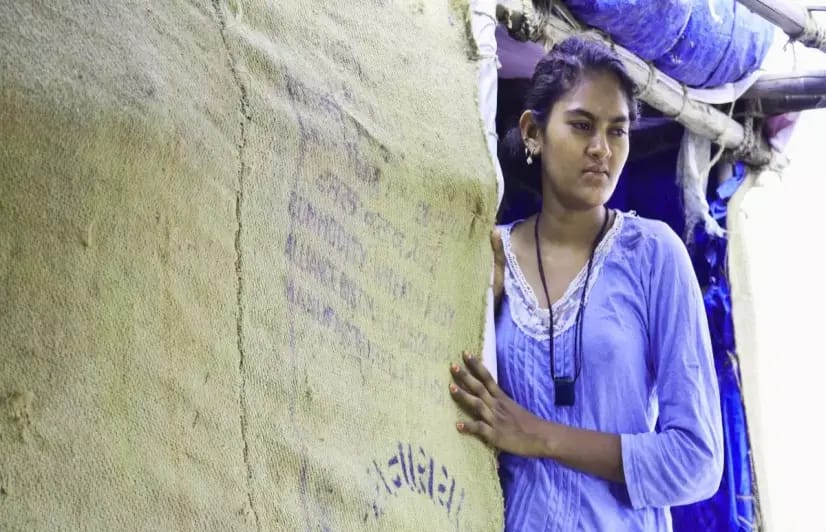

Very good article, useful information.. All the best for future article shipra and shradha…
thank you Archana 🙂
Thanks for the article! This stuff is great. Is there any way I can get in touch with the writer? I understand if it’s not possible, but it would be great if I can email her =)
Neha, you can write to us at agarwal.shipra15@gmail.com or shradhawrites@gmail.com 🙂
I’ve written an article on how to manage menstruation eco-friendly way for home/work/ and as a guest too!
https://medium.com/@sindhus/managing-your-periods-and-being-eco-friendly-80a4bff41aae